Aromatherapy refers to the therapeutic application of essential oils. While enthusiasts assert it can address various health concerns, scientific research remains limited.
Aromatherapy is a holistic healing approach that utilizes natural plant extracts. It’s sometimes called essential oil therapy.
Some people view aromatherapy as both an art and a science. It has recently gained more attention in medical contexts as an alternative therapy, but evidence for its effectiveness is still sparse.
Read on to find out more about aromatherapy.

How long has aromatherapy existed?
Humans have incorporated aromatic practices for centuries. Ancient societies in China, India, and Egypt used fragrant plant materials in resins, balms, and oils for both medicinal and religious uses.
The distillation of essential oils is often credited to Persian practitioners in the 10th century, although the method likely predates this era. In the 19th century, French physicians began recognizing the potential of essential oils in treating ailments.
The word “aromatherapy” was introduced by French perfumer and chemist René-Maurice Gattefossé in his 1937 book on the subject. He had earlier observed lavender’s healing effects for treating burns.
How does an aromatherapy session work?
Aromatherapy works through both the sense of smell and skin absorption. Essential oils for aromatherapy can be used by:
- diffusers
- aromatic spritzers
- inhalers
- bathing salts
- body oils, creams, or lotions for massage or topical use
- facial steamers
- hot and cold compresses
- clay masks
There are nearly a hundred different essential oils on the market. Commonly used oils include:
- lavender
- eucalyptus
- tea tree
- peppermint
- rosemary
- clary sage
Essential oils can be purchased online, at health food stores, and in some mainstream supermarkets. Because they’re not regulated by the FDA, it’s crucial to buy oils from a trusted source. They should be free of additives and synthetic ingredients.
Health claims
Supporters of aromatherapy claim it may help to:
- manage pain
- enhance sleep quality
- reduce stress, agitation, and anxiety
- soothe aching joints
- help with headaches and migraines
- ease chemotherapy side effects
- relieve labor discomfort
- improve digestion
- strengthen immunity
Aromatherapy may provide some of these benefits, but it’s important to emphasize that it is not a cure for medical conditions. While it can relieve certain symptoms, it should not replace any treatments prescribed by a healthcare provider.
Most popular aromatherapy oils
Some widely used essential oils are:
- clary sage
- cypress
- eucalyptus
- fennel
- geranium
- ginger
- helichrysum
- lavender
- lemon
- lemongrass
- mandarin
- neroli
- patchouli
- peppermint
- Roman chamomile
- rose
- rosemary
- tea tree
- vetiver
- ylang ylang
Essential oils can be used in many ways. For instance, you can mix them into body lotions or carrier oils and apply topically. You can also diffuse them in a room, spritz them around the space, or add them to a bath.
Side effects
Most essential oils are generally safe when used appropriately. However, there are some precautions to consider, as well as potential side effects, especially if you take prescription medications.
Never apply essential oils undiluted to your skin. Always dilute with a carrier oil and perform a patch test before broader use. Citrus-based oils can increase skin sensitivity to sunlight, so avoid sun exposure after using these oils.
Children, pregnant people, and nursing parents should use essential oils carefully and under medical supervision.
Possible side effects from essential oils include:
- rashes
- asthma attacks
- headaches
- allergic reactions
- skin irritation
- nausea
Use essential oils cautiously if you have:
- hay fever
- asthma
- epilepsy
- high blood pressure
- eczema
- psoriasis
The bottom line
As you explore essential oils, note how different oils and application methods affect you personally.
Always consult your physician before beginning any aromatherapy regimen. Remember that aromatherapy is intended to complement, not replace, any doctor-recommended treatment plan.

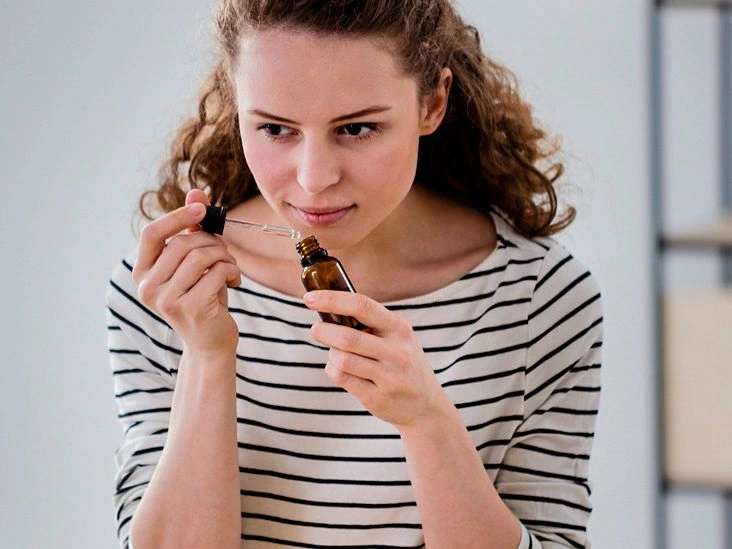







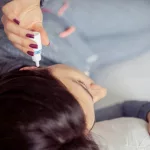
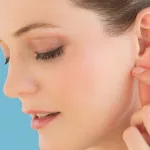

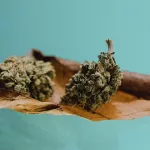
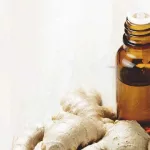




Leave a Reply
You must be logged in to post a comment.